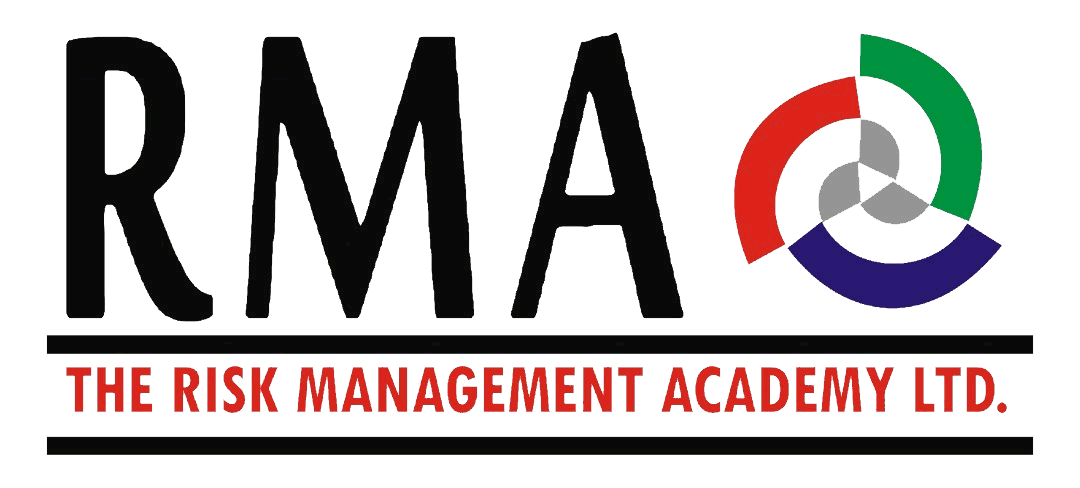Description
Background / Overview
Boards of directors carry ultimate responsibility for ensuring that organizations operate with integrity, manage risks effectively, and comply with regulatory requirements. In today’s environment—characterized by financial scandals, ESG pressures, cyber threats, and regulatory scrutiny—board members must go beyond fiduciary oversight to actively shape governance, risk, and compliance (GRC) practices.
This 2-hour executive training is designed to provide board members and senior leaders with practical insights, international best practices, and case studies to strengthen their oversight role and enhance stakeholder confidence.
Agenda / Content
Session 1 (30 mins): The Board’s Role in Governance, Risk & Compliance
-
Fiduciary duties and regulatory expectations
-
The “three lines of defense” model
-
Linking strategy with GRC oversight
Session 2 (40 mins): Risk Oversight Responsibilities
-
Understanding enterprise risk (financial, operational, cyber, ESG)
-
Risk appetite and tolerance at board level
-
Oversight of risk management frameworks and reporting
Session 3 (30 mins): Compliance & Ethics Oversight
-
Key regulatory frameworks (AML/CFT, data protection, ESG reporting, etc.)
-
Oversight of corporate ethics and whistleblowing mechanisms
-
Case studies: board failures in corporate scandals
Session 4 (20 mins): Practical Tools & Best Practices for Boards
-
GRC dashboards and reporting frameworks
-
Questions boards should ask management
-
Building a culture of accountability and transparency
Objectives
By the end of the program, participants will be able to:
-
Recognize the board’s key oversight responsibilities for risk and compliance.
-
Distinguish between management’s role and the board’s oversight role.
-
Apply best practices to strengthen governance, risk, and compliance monitoring.
-
Enhance strategic decision-making through effective GRC integration.
Expected Outcomes
-
Improved understanding of the board’s accountability for GRC.
-
Ability to evaluate whether management’s risk and compliance frameworks are adequate.
-
Practical tools for more effective boardroom discussions on risk and compliance.
-
Strengthened confidence in protecting organizational reputation and stakeholder trust.
Who Can Attend
-
Board of Directors (Executive & Non-Executive)
-
Audit & Risk Committee Members
-
Senior Executives (CEO, CFO, CRO, CCO, General Counsel)
-
Company Secretaries and Governance Officers
-
Regulators and Advisors supporting board governance


